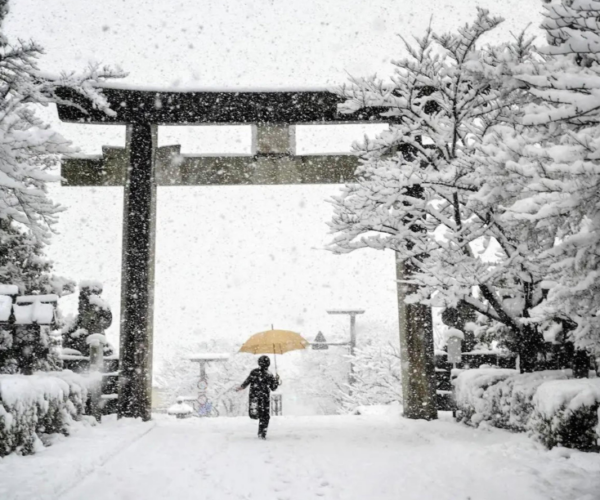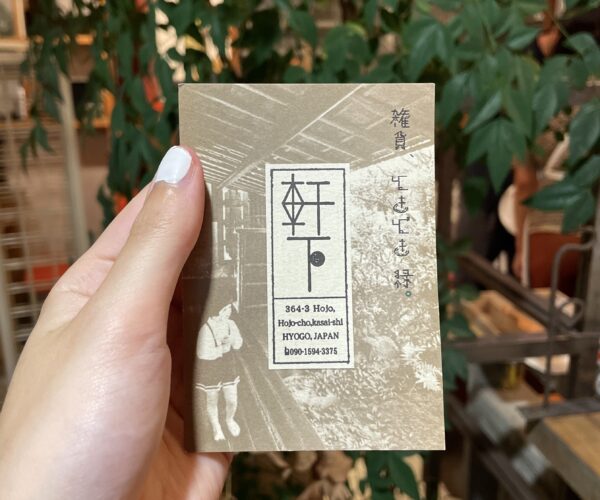This article originally appeared in the May 2023 issue of CONNECT.
Welcome to CONNECT’s Language Corner!
This month’s language corner is an ode to the mimetic or onomatopoeic expressions of the Japanese language. These expressions sound like the thing they are describing to some degree—whether it be an actual sound of a feeling. This is a corner of the language that I have come to know and love for several reasons. For starters, these sayings make learning the language fun. It is a great way to supplement the usual textbook work.
But simply, when used in daily life, they spice up conversation and never fail to impress a native speaker. Once you start listening for them, you’ll hear them everywhere, too.
While this part of the language is vast and varies greatly, this brief list (written in katakana for ease) is a simple introduction to get you started.
Vocabulary
ペラペラ, pera pera, fluent in a language (often accompanied by the ever dreaded jouzu)
ギリギリ, giri giri, at the last minute (for example, an assignment turned in just before deadline)
ドキドキ, doki doki, nervous, meant to sound like a racing heart
ピカピカ, pika pika, bright or shining/sparkly (easy to remember if you know Pikachu)
ピリピリ, piri piri, tingling or painful (sometimes used for spicy foods)
モリモリ, mori mori, bursting with energy
プリプリ, puri puri, squishy or fat
サクサク, saku saku, crunchy or crisp (you will often see this on bags of chips!)
ギンギン, gin gin, wide awake or full of energy
クタクタ, kuta kuta, extremely exhausted
ハラハラ, hara hara, falling steadily one by one (this is sometimes used for petals, tears, or rain)
Keep in mind some of these can have even more meanings or uses based on different contexts!
Japanese Onomatopoeia: The Guide
List: onomatopoeic or mimetic word – JapanDict
Japanese Onomatopoeia: Guide To Mimetic Words, Manga + More
Feature image photo credit: Joshua Hoehne on Unsplash




